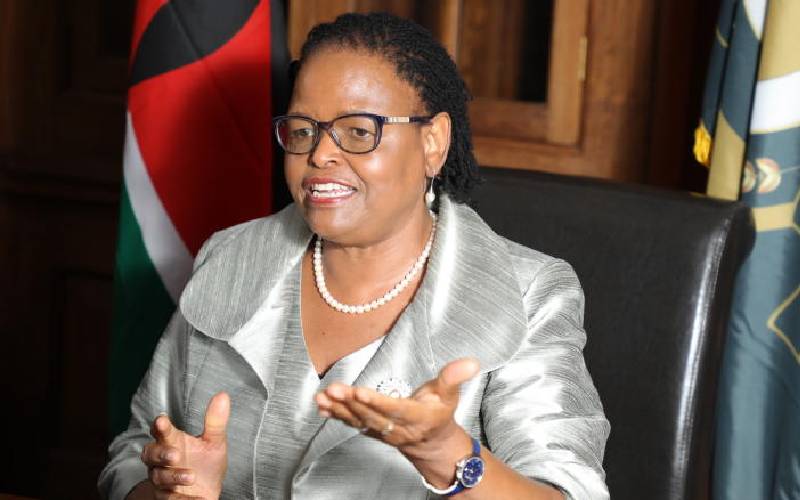×
The Standard e-Paper
Stay Informed, Even Offline

Chief Justice Martha Koome during an interview on her 100 days in office. She revealed that a two years judges appointment stalemate was resolved in a day.[Zhakeem Akbar]
Chief Justice Martha Koome says lack of staff at the office of the Chief Justice was her biggest shocker when she assumed office.